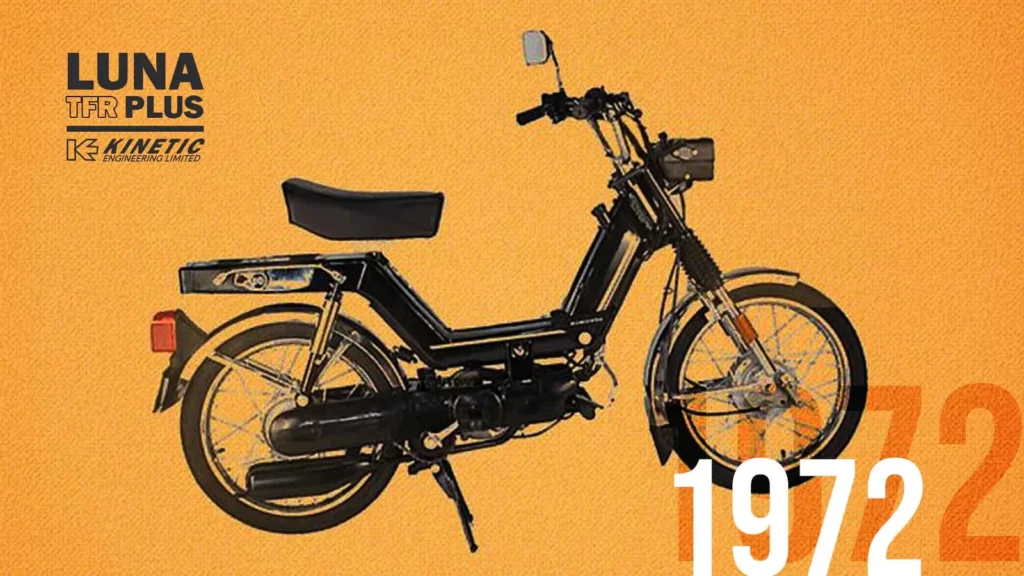Automation and Loyalty: Striking the Right Balance in Customer Service

Discover why over-automating customer service hurts loyalty, and how blending tech with human care builds trust, empathy, and long-term retention.
Over the past decade, retailers and service providers have invested heavily in automation. From personalised offers to one-click checkouts, bots and algorithms have made shopping faster, smoother, and often more convenient.
But here’s the truth: customer loyalty doesn’t live in convenience alone. It lives in the messy middle — when a return goes wrong, when a flight is delayed, when a payment fails. These are the moments when trust is tested, yet it remains deeply human.
Where Automation Falls Short
Automation can streamline processes, but it risks damaging loyalty if applied mindlessly.
- Lack of Empathy
- A bot can issue refunds, but it cannot apologise with sincerity.
- Example: Indian telecom users often complain about looping IVR menus that acknowledge issues but fail to resolve them.
- A bot can issue refunds, but it cannot apologise with sincerity.
- Complex Problems Need Nuance
- Algorithms handle “what” and “when.” Humans handle “why” and “how.”
- Example: A customer disputing double charges on Swiggy expects empathy and resolution, not a FAQ loop.
- Algorithms handle “what” and “when.” Humans handle “why” and “how.”
- Operational Disconnect
- Marketing campaigns claim, “We care,” but automated responses often come across as cold and impersonal. This mismatch erodes trust faster than silence.
- Technical Glitches Compound Frustration
- If bots crash or fail to transfer context, customers end up repeating their stories to multiple agents — a loyalty killer.
- Memories of Failure Trump Efficiency
- Customers don’t recall smooth tracking updates. They remember when the bot failed during a crisis, and they left for a competitor.
When Automation Makes Sense
Not all automation is bad. The clever use of technology is essential for scale.
- Routine tasks include order status, store hours, balance checks, and appointment scheduling.
- Data gathering: collecting initial information before handing it to an agent.
- Triaging requests: bots can prioritise and route issues faster than humans.
Examples:
- Amazon automates refunds and cancellations but ensures quick access to a human when needed.
- HDFC Bank uses bots for account queries but hands fraud alerts directly to agents.
When to Say No to Automation
Certain situations demand a human voice, not a machine:
- High-emotion cases: medical claims, bereavement policies, accident reports.
- High-value relationships: VIP accounts or B2B contracts where one misstep can cost crores.
- Reputation-sensitive industries: airlines, healthcare, insurance — where one viral failure can undo years of brand building.
Blending Tech with Human Care
The winning formula is hybrid service: automation for speed, humans for empathy.
- Chewy is known for sending handwritten notes and making condolence calls when a customer’s pet passes away.
- Stitch Fix uses AI to suggest outfits but leaves the final selection to human stylists, blending efficiency with intuition.
- Zappos empowers agents to go off-script — sending flowers, cards, or spending hours resolving one call.
Even subtle touches help:
- Adding an agent’s first name to messages.
- Clear signals when AI is in play.
- Transparency in escalation pathways.
These little human markers turn transactions into relationships.
The Loyalty Lens
Automation saves costs. But loyalty earns revenue.
- Zappos grew loyalty by prioritising agent freedom, not efficiency.
- Indigo Airlines excels in punctuality but still struggles with a robotic approach to grievance handling. Competitors can exploit this gap.
Customers now expect efficiency by default. What stands out is the unexpected human presence — the call-back, the apology, the handwritten card.
Final Word
Automation is no longer a differentiator. It’s the baseline.
What builds loyalty is how brands strike a balance between speed and sincerity.
- Automate routine tasks.
- Blend technology with human touch in emotionally charged situations.
- Say no to automation when the stakes are high.
Because loyalty isn’t built on how cheaply you solve a problem, but on how deeply you care when it matters most.



